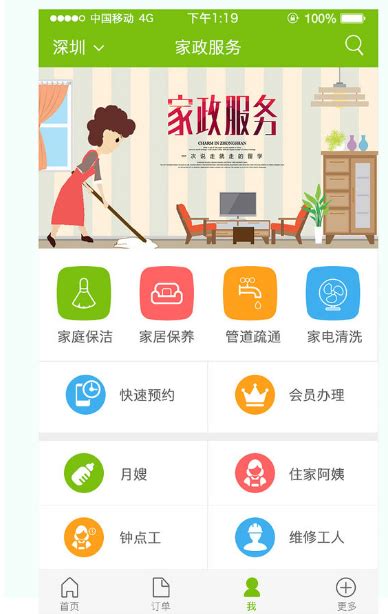What is a Human Library?
A Human Library is a concept that originated in Denmark in the year 2000 and has since spread to many countries around the world. In a Human Library, "books" are actually people who volunteer to share their personal stories and experiences with others in a oneonone setting. Each "book" represents a different perspective, background, or identity that may be subject to stereotypes or prejudices.
How Does a Human Library Work?
Visitors to a Human Library event can browse a catalog of available "books," each of whom has a title such as "Refugee," "LGBTQ Activist," "Police Officer," or "Homeless Person." Once they select a book, they engage in a conversation with the person behind that title. This allows for meaningful and often eyeopening interactions, breaking down barriers and fostering understanding and empathy.
Benefits of a Human Library
1.
Challenging Stereotypes
: Human Libraries provide a platform for people to challenge their assumptions and stereotypes by engaging directly with individuals who may belong to marginalized groups.2.
Promoting Empathy
: By listening to personal stories and experiences, readers can develop a greater sense of empathy and understanding towards others.3.
Building Connections
: Human Libraries create opportunities for meaningful human connections that transcend societal divides.4.
Education and Awareness
: Participants can learn about issues, cultures, and perspectives that they may not have been exposed to otherwise.How to Create a Human Library Event
1.
Recruit Volunteer "Books"
: Reach out to individuals who are willing to share their stories and experiences. Ensure diversity in the backgrounds and perspectives of your "books."2.
Set Up the Event Space
: Create a comfortable and private space for readers and books to interact. Each session typically lasts around 30 minutes.3.
Promote Diversity and Inclusivity
: Encourage participation from a wide range of communities to ensure a rich and varied experience for all involved.4.
Provide Training
: Offer training and guidelines for both books and readers to ensure respectful and constructive conversations.5.
Encourage Reflection
: After each session, encourage participants to reflect on their conversations and the insights gained.Conclusion
The Human Library provides a powerful platform for promoting empathy, understanding, and dialogue. By engaging in meaningful conversations with individuals from diverse backgrounds, we can break down barriers, challenge stereotypes, and build a more inclusive society. Consider hosting a Human Library event in your community to promote dialogue and mutual respect.











